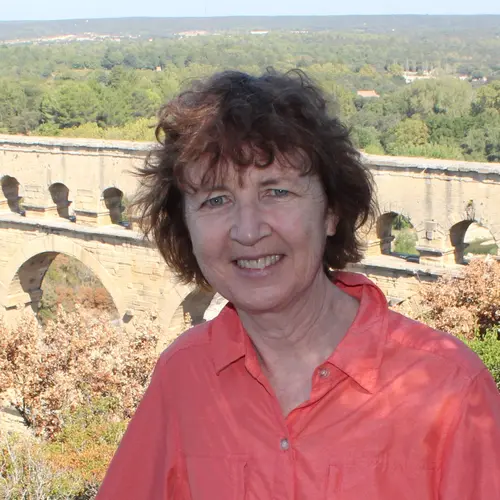Overview
Global water resources are facing many challenges from climate extremes, such as floods and droughts, and human water use, particularly irrigation. In this presentation, I will review spatiotemporal variability in global water resources using GRACE satellite data, with particular emphasis on groundwater, and discuss potential solutions to water-resource issues. Total water storage trends have varied across regions over the past century. Satellite data from the Gravity Recovery and Climate Experiment (GRACE) show declining, stable and rising trends in total water storage over the past two decades in various regions globally. Groundwater monitoring provides longer-term context over the past century, showing rising water storage in northwest India, central Pakistan and the northwest United States, and declining water storage in the US High Plains and Central Valley. Impacts of climate extremes on water storage, particularly droughts, are recorded in many regions and are amplified or dampened by irrigation. Water-resource resilience can be increased by diversifying management strategies, including increased supplies (desalination, wastewater reuse), reduced withdrawals (conservation), storing water in surface reservoirs and depleted aquifers, and transporting water. A diverse portfolio of these solutions, in tandem with managing surface water and groundwater as a single resource, can help address human and ecosystem needs while building a resilient water future.

Bio
Bridget Scanlon is a Senior Research Scientist at the Bureau of Economic Geology, Jackson School of Geosciences, University of Texas at Austin. Her degrees are in Geology with a focus on hydrogeology. She has worked at the University of Texas since 1987. Her current research focuses on various aspects of water resources, including global assessments using satellites and modeling, management related to climate extremes, and water energy interdependence. She serves an Associate Editor for Water Resources Research and Environmental Research Letters and has authored ~ or co-authored ~190 publications. Dr. Scanlon is a Fellow of the American Geophysical Union and the Geological Society of America and a member of the National Academy of Engineering.
